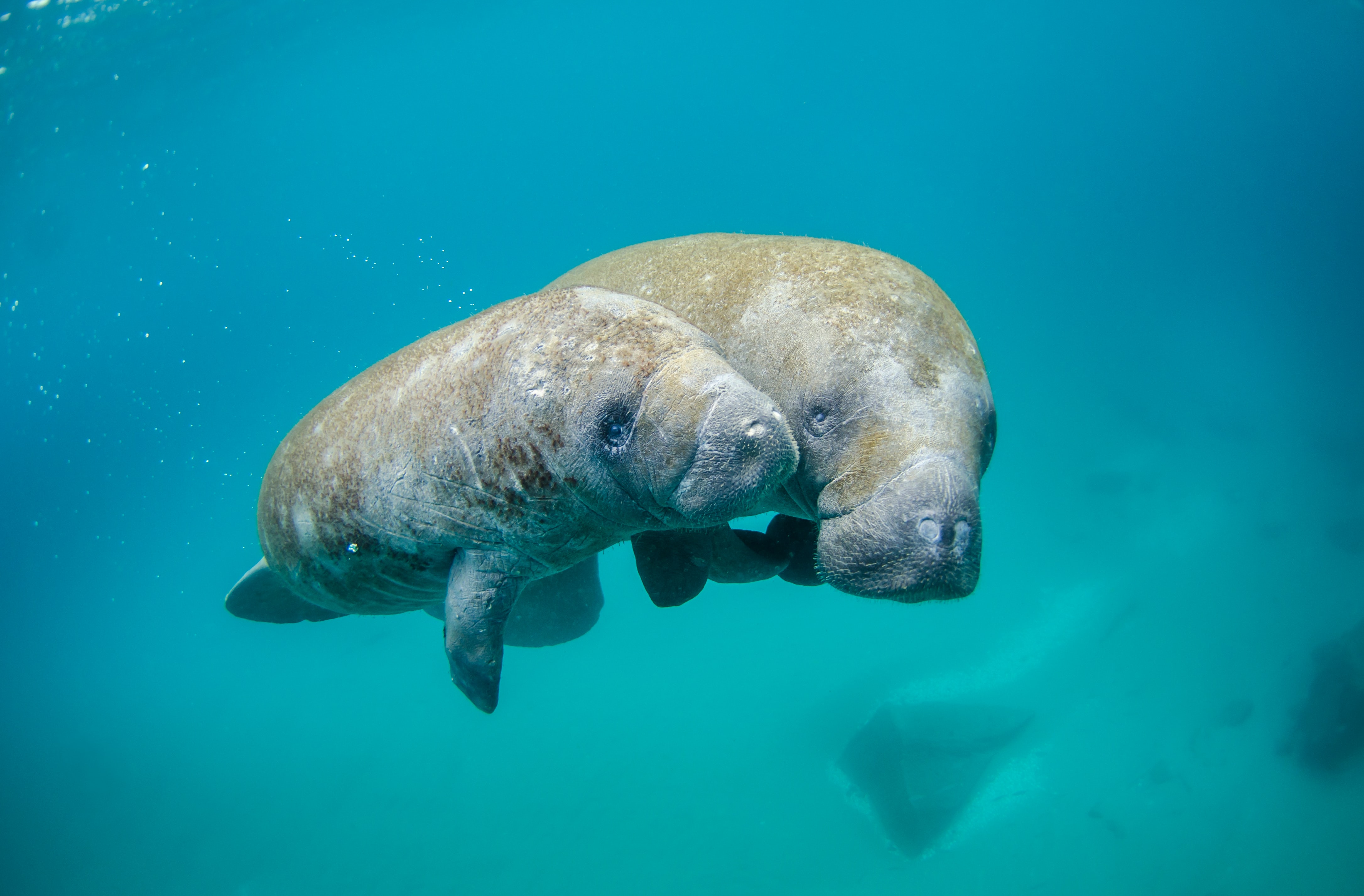We have some exciting news that we’ve been waiting to share. We are proud to announce that LARQ has partnered with Oceana, a nonprofit organization that aims to restore and protect our oceans — no small feat, might we add. Oceana has already protected nearly 4 million square miles of ocean with its strategic campaigning for policy across the globe, but there is still much more it aims to accomplish.
Our mission at LARQ from the beginning has been to help reduce single-use plastic waste by combining inspirational design with innovative technology to eliminate the need for anyone to buy bottled water again. We are excited about partnering with Oceana to help further our efforts in reducing plastic pollution in our oceans, and helping Oceana to protect and restore our seas.
About Oceana
Oceana was founded in 2001 and is the largest international advocacy organization focused solely on ocean conservation. The global Oceana team works together to win strategic, directed campaigns that achieve measurable outcomes that will help restore ocean biodiversity and abundance.
Oceans make up 71% of the globe, and play an essential role in our planet’s health, like regulating our climate and absorbing carbon dioxide. Our oceans also feed hundreds of millions of people world wide, but the ocean and marine life are threatened by overfishing, climate change, biodiversity loss, pollution, and more. To restore our oceans, Oceana is bringing about science-based policies and fisheries that will help the oceans rebound and recover.
The problem
Our oceans have provided us with an incredible service by absorbing more than 90% of all the excess heat from human-caused carbon, but there’s a limit to how much they can withstand. With the threats including plastic and oil pollution, overfishing, illegal fishing, and climate change, the oceans need our help.
Oceana’s solution
- Oceana channels its resources toward strategic, directed campaigns to achieve measurable outcomes that will protect and restore our oceans to former levels of abundance.
- Oceana relies heavily on scientific research to identify problems and solutions for our oceans.
- Oceana’s scientists work closely with its teams of lawyers, economists, communicators and advocates to achieve tangible results for the oceans.
Oceana’s plastic campaign
Plastics are one of the greatest threats facing our oceans today. This includes plastic from single-use plastic bottled water, abandoned fishing gear, plastic straws, cups and more. An estimated 33 billion pounds of plastic enter the ocean each year — roughly equivalent to dumping two garbage trucks full of plastic into the ocean every minute.
Plastic lasts for centuries. Once it enters the ocean, it breaks up into tiny pieces we know as “microplastics” that can be swallowed by many marine animals from fish and sea turtles to seals and seabirds. Plastics affect not only marine life, but the seafood that ends up in our meals.
In a 2020 report, Oceana found evidence of nearly 1,800 marine mammals and sea turtles from 40 different species swallowing or becoming entangled in plastic in U.S. waters between 2009 and early 2020. Of these animals 88% were species listed as endangered or threatened with extinction under the Endangered Species Act.
It’s now common knowledge that 9% of all plastic waste ever generated gets recycled (only 6% in the U.S.). It’s one of the issues we have tackled since founding LARQ in 2018. The problem is that our society relies far too heavily on single-use plastic and packaged goods. The world’s plastic production is actually expected to triple in the next three decades. As it increases, so will the amount of plastic entering our oceans, coastlines, and communities.
Today, nearly 40% of plastic produced annually is for single-use plastics or packaging. Much of this plastic is unnecessary and could be eliminated or replaced with more sustainable alternatives, like reusable and refillable packaging.
Oceana campaigns to stop plastic pollution at the source. In the U.S., the organization campaigns to pass local, state, and national policies that reduce the production and use of unnecessary single-use plastic and increase refill and reuse systems.
And these campaigns deliver results. U.S. voters on either side overwhelmingly show support for national policies that reduce single-use plastic. 81% of democrats and republicans are concerned about plastic pollution and show support for policies that aim to reduce single-use plastic waste. While companies that produce and use plastics should be held accountable for the pollution they create, governments also play a critical role in reducing plastic waste.. Policies governing the use of plastics are becoming more common from the municipal level to the national level, with many countries, states and cities banning or otherwise regulating the use of plastic. Last year, Oceana’s campaigning was instrumental in the passage of a new California law that will require plastic producers to reduce single-use plastic packaging and foodware by at least 25% by 2032. On top of that, the new law implements the first statewide reuse and refill mandates in the nation.
More than 90 countries have also passed bans or put fees on plastic bags and a number of countries are phasing out multiple single-use plastics. Many of these policies focus on some of the common waste items found in worldwide beach cleanups: plastic beverage bottles, straws/stirrers, plastic cups, plates, plastic grocery bags and plastic takeout containers.
No matter what you believe, we can all agree that the oceans need our help, and supporting Oceana is a great way to start.
